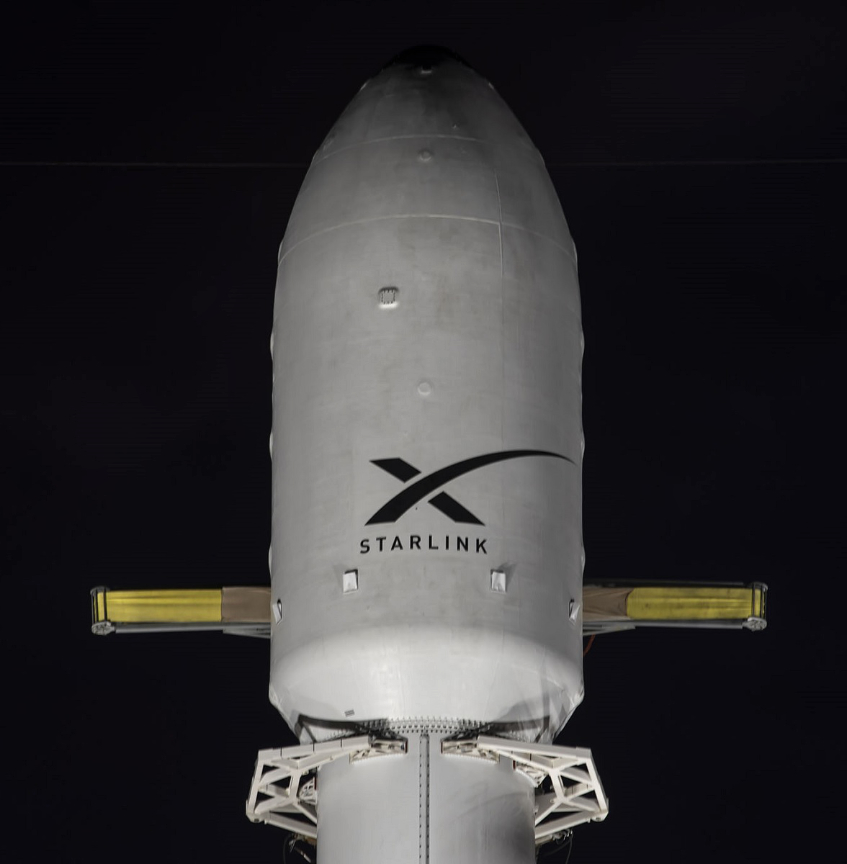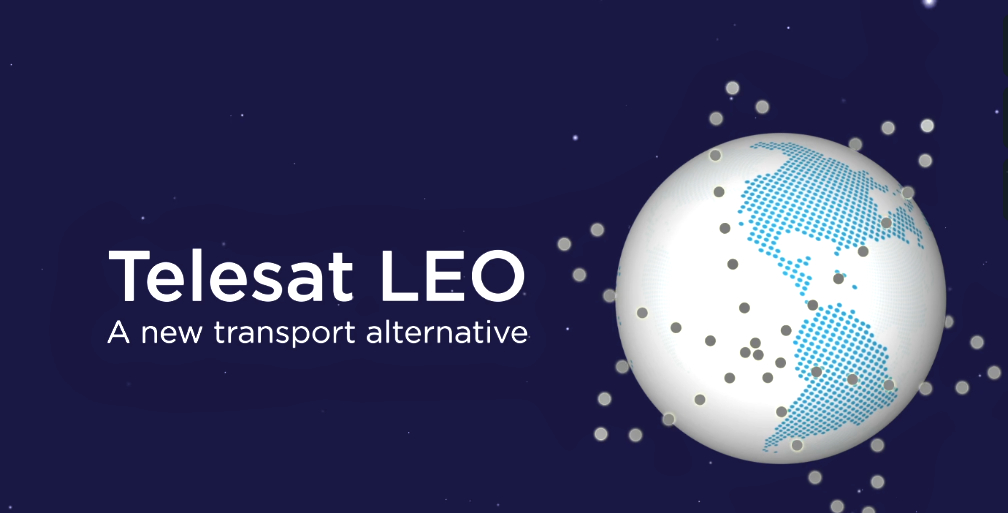 Elon Musk is inviting consumers in rural America to install his Starlink satellite broadband system at a cost of $99 a month. They also have to pay $499 for the antenna and its associated kit. However, it is widely accepted that Musk’s SpaceX is swallowing some of the antenna’s costs.
Elon Musk is inviting consumers in rural America to install his Starlink satellite broadband system at a cost of $99 a month. They also have to pay $499 for the antenna and its associated kit. However, it is widely accepted that Musk’s SpaceX is swallowing some of the antenna’s costs.
As recently reported, the search for a low-cost antenna is crucial if satellite-based broadband is to reach the mass-market. Now, Dan Goldberg, President/CEO at Ottawa-based Telesat, has said he agrees with the outlook.
 Telesat has plans to order at least 117 new satellites to go into a LEO constellation (and will likely announce the prime contractor later this year). But he admits he has serious doubts about a low-cost antenna emerging.
Telesat has plans to order at least 117 new satellites to go into a LEO constellation (and will likely announce the prime contractor later this year). But he admits he has serious doubts about a low-cost antenna emerging.
“We are still skeptical that the antenna that would go on a consumer’s home is going to be low-cost enough and high-performing enough for that to make sense,” he said on a conference call with analysts.
Worse, perhaps, Goldberg admitted that such a low-cost antenna was not on Telesat’s near-term or even medium-term roadmap, although he was optimistic that something would emerge eventually.
As to plans for Telesat’s LEO constellation, Goldberg told analysts that the company would be concentrating on business-to-business and government customers, and that these markets would be sufficient to justify the investment.
Saudi Arabia says the nation will invest an initial $2.1 billion over the next few years in space-related activity to help create economic diversification plan to attract inward investment and create “thousands of jobs” for its young citizens.
A report from Reuters says the investment would be made during the next nine years (until 2030) and will be handled by the Saudi Space Commission (SSC) set up in late 2018. The full plan, with specific projects outlined, will be unveiled later this year.

“In the time where we live now, space is becoming a fundamental sector of the global economy, touching every aspect of our lives on Earth. Space business and space economy are expected to grow into the trillions of riyals as we go forward,” Prince Sultan, the son of Saudi monarch King Salman, told Reuters in an interview.
Prince Sultan was the first Arab to fly on a Space Shuttle (Discovery) in 1985. Reuters says that his aim is to see Saudi Arabia become a global player in the space industry. Saudi Arabia is already a major (37 percent) investor in the Arabsat satellite constellation.
SSC reportedly has pending agreements with major international agencies including the US, Russia, China, India and the UAE.

